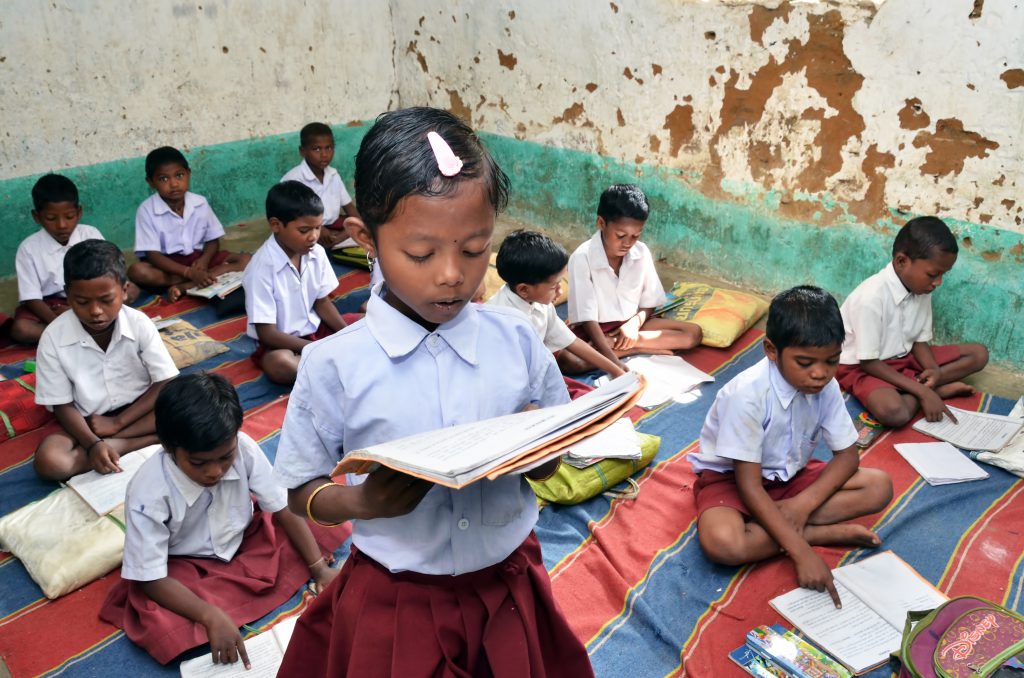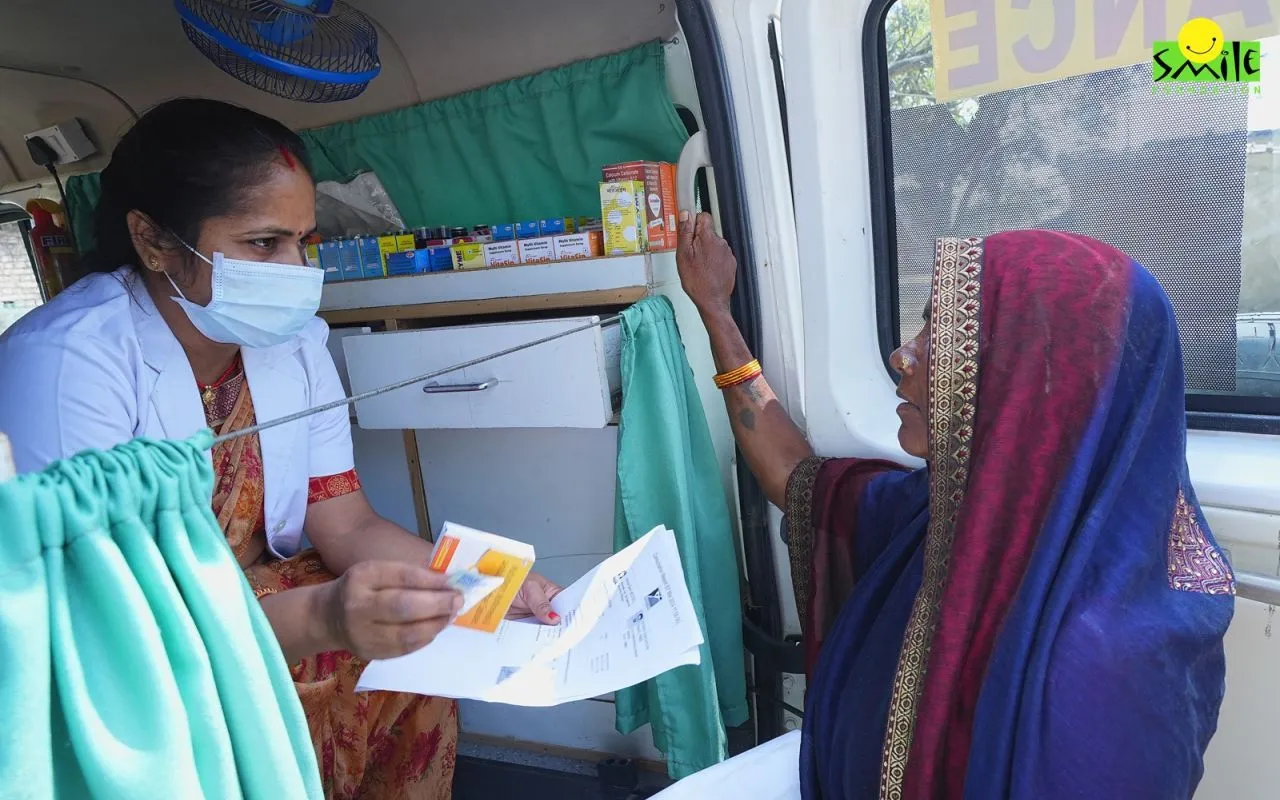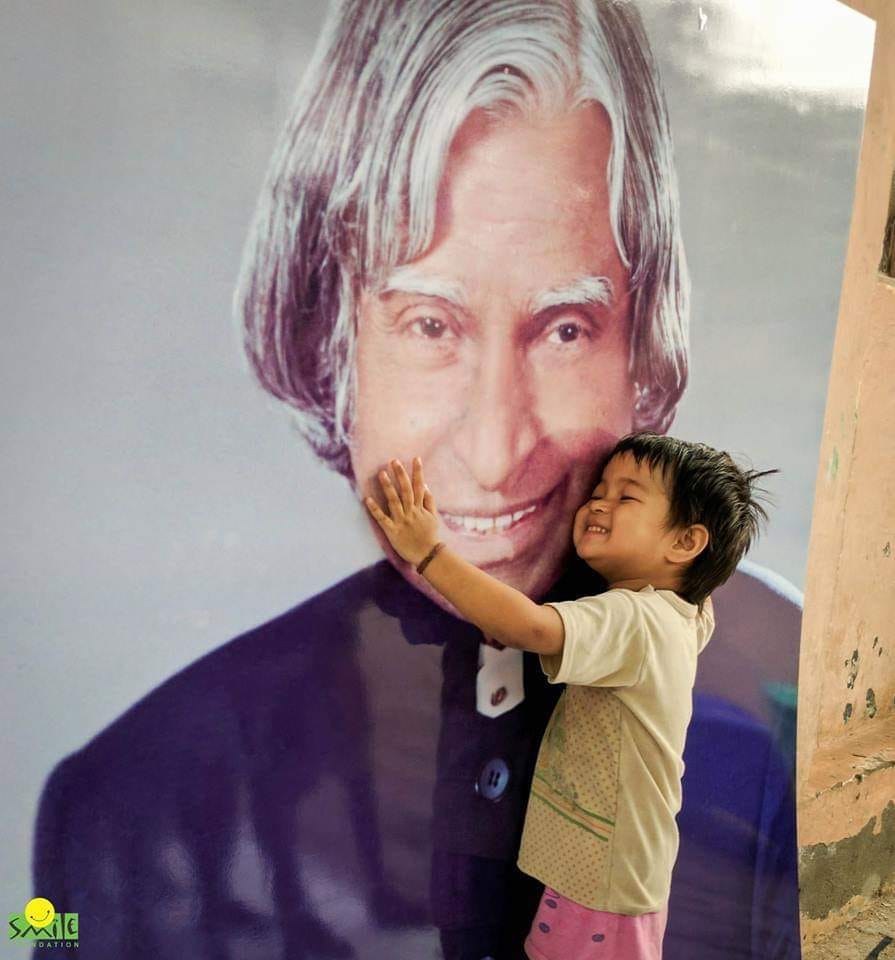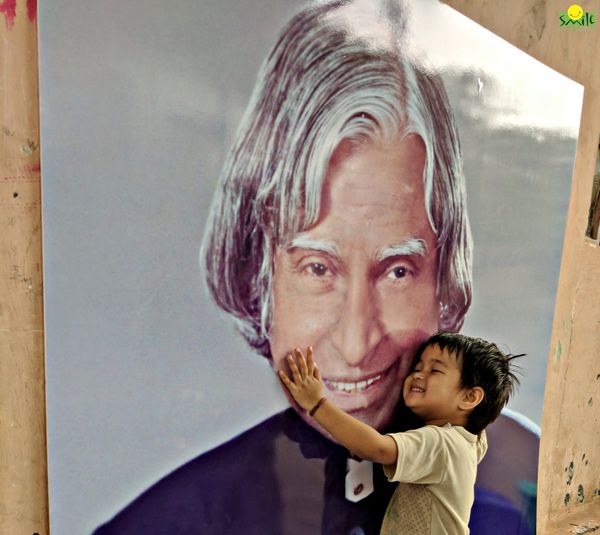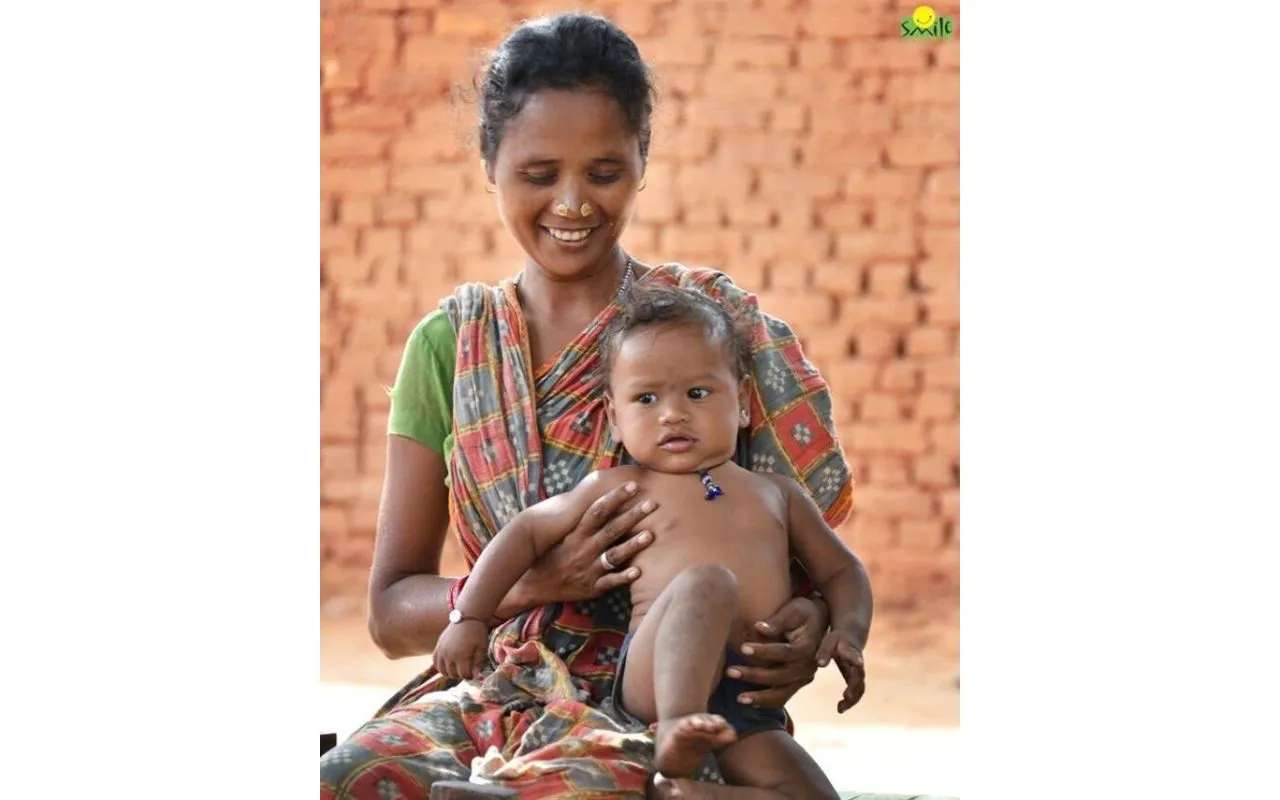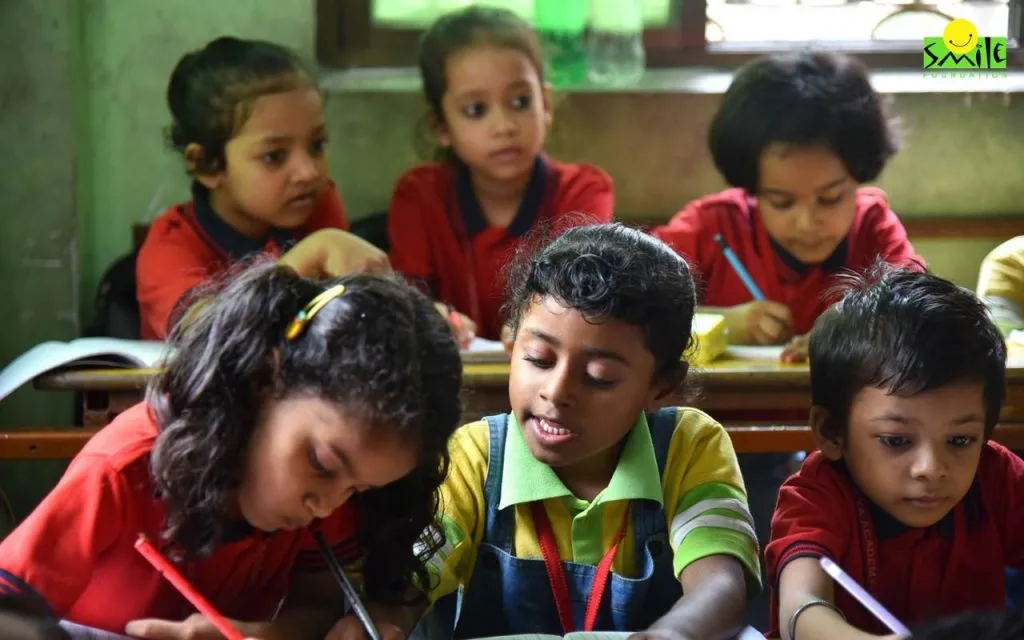“Sit idle no more Go get education” – Smt. Savitribai Phule. She worked for the deprived section of the community & opened the gates of education in India for them especially for the education of girl child. She also established a school in Pune for the deprived section & stressed on sensitised the people about the importance of girl child education during the British Era.
National Education Policy is the policy adopted by the govt to be implemented in the country by all the educational institutions. This is an opportunity to provide education to all children & implement a standard education system all over the country based on the syllabus.
After the Independence of India in 1947, the government addressed the problem of illiteracy in the country and took various steps to promote education in India. In the year 1968 govt of India adopted 1st Education Policy under the leadership of Smt. Indira Gandhi, the policy was amended by Shri Rajiv Gandhi in year 1986. Immediately after 6 years under the leadership of Shri Narsinmha Rao the policy also emphasized on the Banking process along free & compulsory education for the Age group between 6 to 14 years, Mid Day Meal, Promoting Girl Child Education, Adult Education for the school drop outs, focused on the deprived section of the community with various Social & Education Programmes. This policy also promotes Engineering, Architecture & JEE.
In the year 2019 under the government introduced the new education policy. In India this policy was accepted wholeheartedly by the educational institutions & educational professionals. All over India various organizations are working to reach out to maximum people & change agents, teachers, student’s leader, parents, para professional. The key highlights of the New Education Policy 2020 are as follows:-
The NEP proposes sweeping changes including opening up foreign universities to elevate education in India, dismantling of the UGC and the All India Council for Technical Education (AICTE), introduction of a four-year multidisciplinary undergraduate programme with multiple exit options, and discontinuation of the M Phil programme.
In school education, the policy focuses on overhauling the curriculum, “easier” Board exams, a reduction in the syllabus to retain “core essentials” and thrust on “experiential learning and critical thinking”.
In a significant shift from the 1986 policy, which pushed for a 10+2 structure of school education, the new NEP pitches for a “5+3+3+4” design corresponding to the age groups 3-8 years (foundational stage), 8-11 (preparatory), 11-14 (middle), and 14-18 (secondary). This brings early childhood education (also known as pre-school education for children of ages 3 to 5) under the ambit of formal schooling. The mid-day meal programme will be extended to pre-school children. The NEP says students until Class 5 should be taught in their mother tongue or regional language.
The policy also proposes phasing out of all institutions offering single streams and that all universities and colleges must aim to become multidisciplinary by 2040.
If we talked about all these policies in details after knowing the deprived section of the community this policies looks great & can be the ideal policy in the future to fight with some social evil in the society. Analysis points:-
- MiD Day Meal in Early Childhood Intervention can be the good step towards the malnutrition at the early age.
- Various Exit Policy for the students those who are working to run the bread & butter if He or She drop out atleast he should have some Degree or Diploma in hand & can continue education in future.
- This policy can boost the regional language & protect such language for the coming generation.
- Foreign Contribution in the Education Institute can boost Institution to get high quality facilities in India & Set Up World Class Infrastructure within the country.
More or the less entire Education Policy looks good and can create an impact & improve the education system based on the govt allocated education fund & implementation process on ground.
To know more about Smile Foundation’s education programme visit https://www.smilefoundationindia.org/education.html



